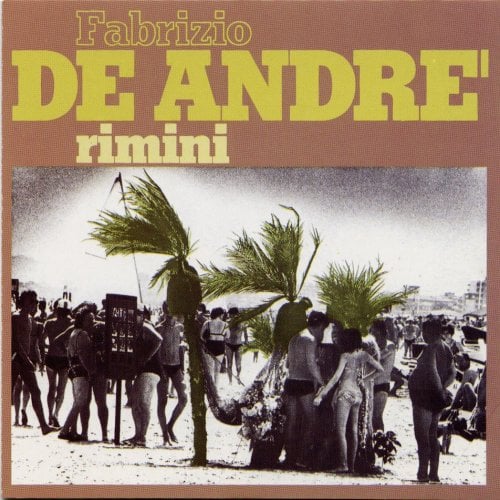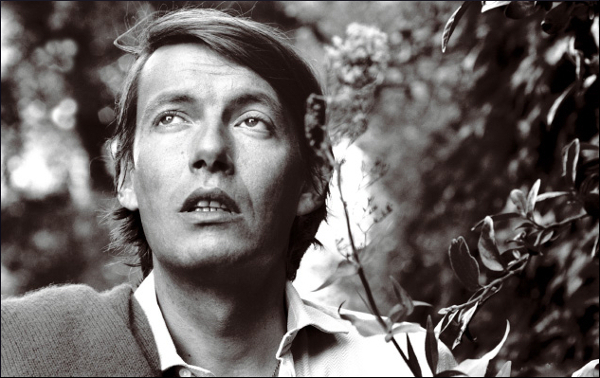
- Zirichiltaggia
- Released in: 1978
This song expresses the Ligurian author’s passion for Sardinia, where he was unfortunately kidnapped in 1979 by the Anonima Sarda, the local mafia particularly active during the seventies and eighties.

This song expresses the Ligurian author’s passion for Sardinia, where he was unfortunately kidnapped in 1979 by the Anonima Sarda, the local mafia particularly active during the seventies and eighties.
“Zirichiltaggia” is a song by Fabrizio De André, which appeared in the LP Rimini, from 1978. It is written entirely in the Sardinian dialect, more specifically in the language of Gallura, in the northern part of the island. The song expresses the Ligurian author’s passion for Sardinia (where he was unfortunately kidnapped in 1979 by the Anonima Sarda, the local mafia particularly active during the seventies and eighties). While he resided in the island, he got to know its people’s customs, traditions, and language, which is curiously unlike Italian. The origin of the Sardinian dialect is mostly unknown. One of the most established theories suggests it derives from the now vanished Etruscan civilization, while another points out the similarities between Sardinian and Phoenician.
The song’s rhythm is fast and happy, but it tells of a dispute between two brothers regarding their inheritance. “Zirichiltaggia,” in fact, means “lucertolaio,” a place full of lizards. The term is used to describe sterile and arid lands. According to the song, one brother is accused by another of wasting most of their legacy and leaving only a small part. “Di chissu che babbu ci ha laccatu / la meddu palti ti sei presa / la muntiggiu ruiu cu lu suaru / li acchi sulcini lu trau mannu / e m'hai laccatu monti muccju e zirichelti...” (Di ciò che babbo ci ha lasciato / Ti sei preso la miglior parte / La collina rossa con i sughereti / Le vacche sorcine e il toro grande / E mi hai lasciato pietre, cisto e lucertole). We can notice Sardinian’s remoteness from other Italian dialects. If they share common roots, those are found far into the past. For instance, in words like “suaru” (“alberi di sughero” or “cork oaks”), “trau” (“tori” or “bulls”), or “lacatu” (participle of “lasciare” or “to leave”), the links between Sardinian and regular Italian are faint: we recognize only their common roots in Latin. Thus, Sardinian is quite obscure for non-locals, who usually poke fun at the dialect by adding “u” to all words.

The lyrics have one brother chastising another: “I soldi di babbu l'hai spesi tutti” (You've wasted all dad's money). The speaker was able to reconstruct his fortune, however: “Ma me mudderi campa da signora / a me fiddolu cunnosci più di milli parauli / la toja è mugnedi di la manzana a la sera / e li toi fiddoli so brutti di tarra e di lozzu / e andarani a cuiassi a calche ziraccu” (Mia moglie vive da signora / E mio figlio conosce più di mille parole / La tua munge da mattina a sera / E le tue figlie sono sporche di terra e di letame / E andranno a sposarsi a qualche servo pastore). Here, the dream of social advancement is expressed in the fact that the “mudderi campa da signora” (wife lives like a lady) and the “fiddoli” (son) knows more than a thousand words. In the end, the brother who receives only a meager portion of the inheritance can walk with pride among the people of the square: “Chill’emu a vidi in piazza ca l'ha più tostu lu murro” (Vedremo in piazza chi ha la testa dura). To have “la testa più dura” is to have won a dispute. The song is a tribute to Sardinia and its primitive lands. It’s also a human study of the conditions endured by the most humble, one of the main interests of De André’s poetry.